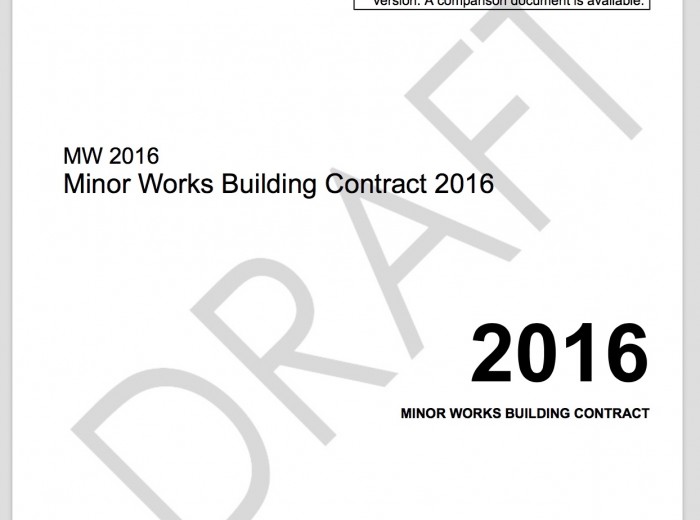Most Common Causes of Disputes in Construction
— 26 Feb 2017 11:43:00

A recent National Building Specification Survey found over 30% of UK building firms have been involved in at least one dispute in the last 12 months. There is of course a whole sub industry developed around resolving construction disputes, mediation, arbitration, etc, but a far lesser focus on avoiding them in the first instance.
Why do disputes occur and how can we avoid them?
Form of Contract (or lack of!)
In the past few months we have been engaged by two Hampshire based residential property owners who have both employed building contractors on nothing more than acceptance of a poorly throughout and detail devoid quotation. Both projects were well in excess of £100k value. Both home owners paid substantial "deposits" prior to any work taking place. Both projects are now massively in delay and will cost substantially more than first anticipated.
Of course a contract did exist in both of the above cases, with offer and acceptance by the parties, but one more suited to buying a pint of milk than regulating a complex construction project. Even a relatively simple "Minor Works Contract" would have addressed and defined roles and responsibilities in relation to:
- Works specification and what included/excluded from the contract
- Timeframe for the works and liquidated damages if any
- Health and Safety responsibilities
- Valuations of works and payments
- Insurance of the works
- Defects (snags) and their rectification
- Management of change
- Procedure for resolving disputes
No building project should be undertaken without a proper contract being in place and a deposit should NEVER be paid for materials not on site or work not yet undertaken.
If your project is a small residential extension or a large commercial project, we are more than happy to offer contract and procurement advice.
Employ a Professional Team
Even a relatively straightforward construction project is a major undertaking but engaging the right professional team to key to the smooth running of any project. Almost all projects will require the services of an architect and quantity surveyor, but frequently a structural engineer, services engineer, interior designer, kitchen designer, lighting designer, landscape architect, planning consultant and many more.
Define the skills needed to deliver your project and engage the right people. Check experience delivering similar projects and references.
Contractor selection and due diligence
Finding a good contractor is vital to the success of your project.
1. Ensure the builder is in a trade body - the Federation of Master Builders, the Guild of Builders and Contractors, or the National Federation of Builders;
2. Ask for references and check them out. It is important that the contractor has recently successfully completed projects of similar scale and complexity as your own.
3. Ask about a builder’s experience and qualifications.
4. Check whether the builder uses sub-contractors and if so for what elements of the work.
5. Does the builder have insurance if something goes badly wrong?
6. Always ask for a detailed quote, checking how long the price is guaranteed for.
7. Agree a form of contract and payment terms.
8. Discuss timeframe and insist on a written programme in advance of signing a contract.
Management of Change
Regardless of the size or nature of your project, have a transparent change control procedure is critical. Some changes are in inevitable when carrying out building work. An effective change control procedure will define the following:
- Who requested the change and why
- The consequences of the change including cost, time and health and safety implications
- Are there alternatives
- When does the change need to be instructed and how